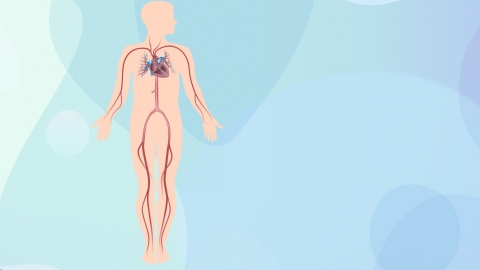How to Alleviate Symptoms of Neurofunctional Weakness
Generally, the main treatments for alleviating symptoms of neurasthenia include lifestyle adjustments, psychological regulation, medication, traditional Chinese medicine (TCM), and physical therapy. A detailed analysis is as follows:
1. Lifestyle Adjustments
Patients should maintain regular作息 (work-rest) schedules, avoid staying up late, and ensure 7-8 hours of sleep daily to allow sufficient rest for the nervous system. Daily intake of stimulants such as coffee and strong tea should be reduced to prevent exacerbation of neural excitation. Additionally, engaging in mild physical activities like walking or yoga can promote blood circulation, regulate nervous system function, and alleviate symptoms such as fatigue and insomnia.

2. Psychological Regulation
Neurasthenia is often associated with long-term mental stress and anxiety. Patients should relieve psychological pressure through communication and emotional expression, or practice meditation and deep breathing exercises to calm emotions and improve nervous tension. When necessary, seeking assistance from a psychologist to learn emotional management techniques can help reduce negative impacts on the nervous system and alleviate symptoms.
3. Medication
If symptoms are significant, patients may use medications under medical guidance. For insomnia, estazolam tablets, zopiclone tablets, or diazepam tablets may be prescribed. For anxiety and irritability, selective serotonin reuptake inhibitors (SSRIs) such as paroxetine hydrochloride tablets, sertraline hydrochloride tablets, or fluvoxamine maleate tablets may be used to regulate nervous system function and reduce discomfort.
4. Traditional Chinese Medicine (TCM)
According to TCM theory, neurasthenia is associated with deficiency of the heart and spleen or liver qi stagnation. Treatment often involves herbal remedies that nourish the heart and calm the mind or regulate liver qi, such as Anshen Bunaoye (Nourishing Brain Liquid), Xiaoyao Pills, or Guipi Pills. Acupuncture can stimulate key points like Baihui and Shenmen to regulate qi and blood circulation, improve nervous system function, and alleviate symptoms such as insomnia and dizziness.
5. Physical Therapy
Physical therapy can soothe the nervous system through specific methods, including transcranial magnetic stimulation (TMS) and electrotherapy. TMS can modulate cortical excitability and improve neural function, while electrotherapy uses mild electrical currents to stimulate nerves, relieve muscle tension, reduce symptoms like fatigue and headaches, and promote physical recovery.
In addition, patients should attend regular follow-up appointments during treatment to adjust the plan according to symptom changes. Maintaining a positive mindset, avoiding excessive fatigue, and minimizing mental stress can aid symptom relief and overall recovery. If symptoms worsen, prompt medical attention should be sought.




